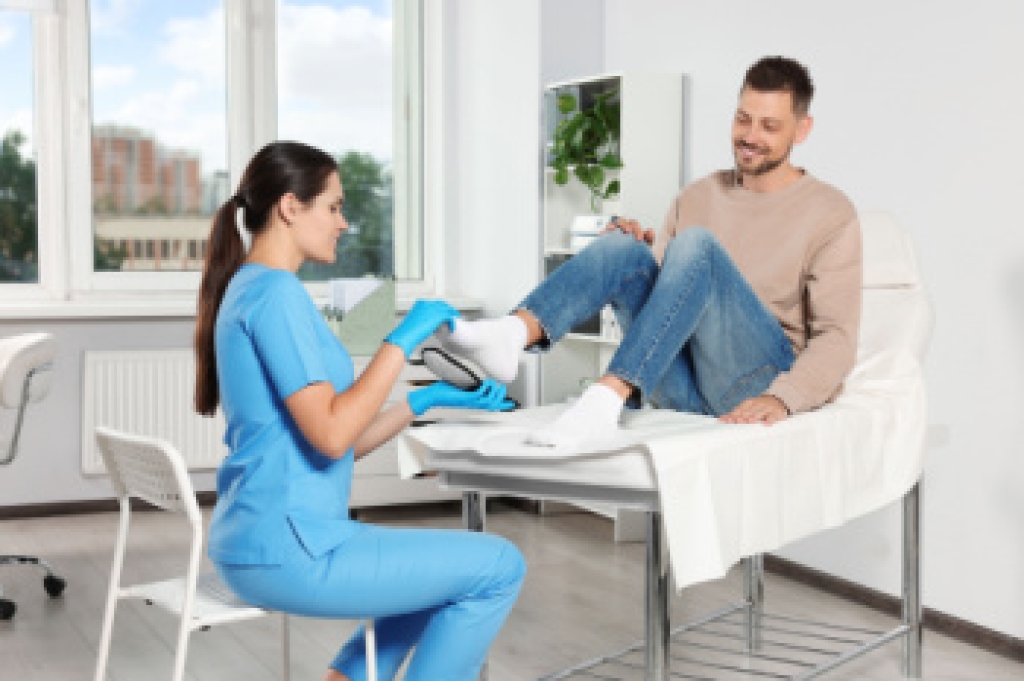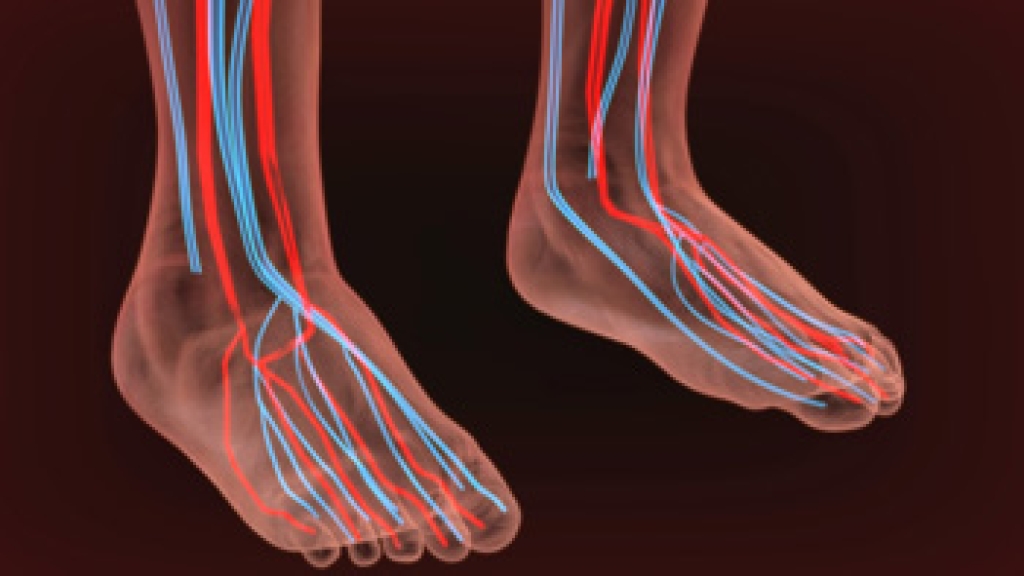
When pain builds up on the inner side of the knee, a condition known as medial knee osteoarthritis may be developing. It happens when the cartilage in that part of the knee wears down from uneven pressure, over time. People with this condition often feel stiffness, pain while walking or climbing stairs, and a tired feeling in the knee joint. Some of the causes include foot and ankle alignment that changes how the leg moves, arches collapsing or turning, or knees that lean inward or outward more than they should. All of these causes shift load into the inner knee. With a detailed foot and ankle evaluation, a podiatrist can recommend orthotics, which support the foot and help direct force away from the inner knee, improve alignment, and reduce stress on the joint. If knee pain is affecting your daily life, it is suggested that you schedule an appointment with a podiatrist to inquire about custom orthotics.
Custom orthotics are specialized shoe inserts created to support and align the feet according to each person’s unique structure and walking pattern. They are an effective way to relieve foot discomfort caused by conditions such as flat feet, high arches, plantar fasciitis, bunions, and heel pain. When the natural alignment of the foot is off balance, it can lead to pressure points, strain, and pain that affect how a person stands, walks, and moves. Orthotics work by redistributing weight evenly and supporting the arch to reduce stress on the muscles, tendons, and joints of the feet and lower legs.
Foot discomfort can develop for many reasons, including wearing improper footwear, long hours of standing, repetitive motion, or underlying structural problems. Over time, this discomfort can extend beyond the feet, contributing to knee, hip, or lower back pain. Custom orthotics help correct these issues by improving alignment and promoting more efficient movement. They are made using precise measurements and imaging to ensure the best fit for each patient, providing targeted support and cushioning where it is needed most.
Unlike generic insoles, custom orthotics are durable, medically designed, and tailored to your specific needs. Whether you are managing chronic pain, recovering from an injury, or simply seeking better comfort and stability, orthotics can make a noticeable difference in how your feet feel throughout the day.
If you are experiencing persistent foot discomfort or fatigue, it may be time to have your feet evaluated by a podiatrist. Call our office today for more information or to schedule an appointment.
If you have any questions, please feel free to contact our office located in Memphis, TN .




